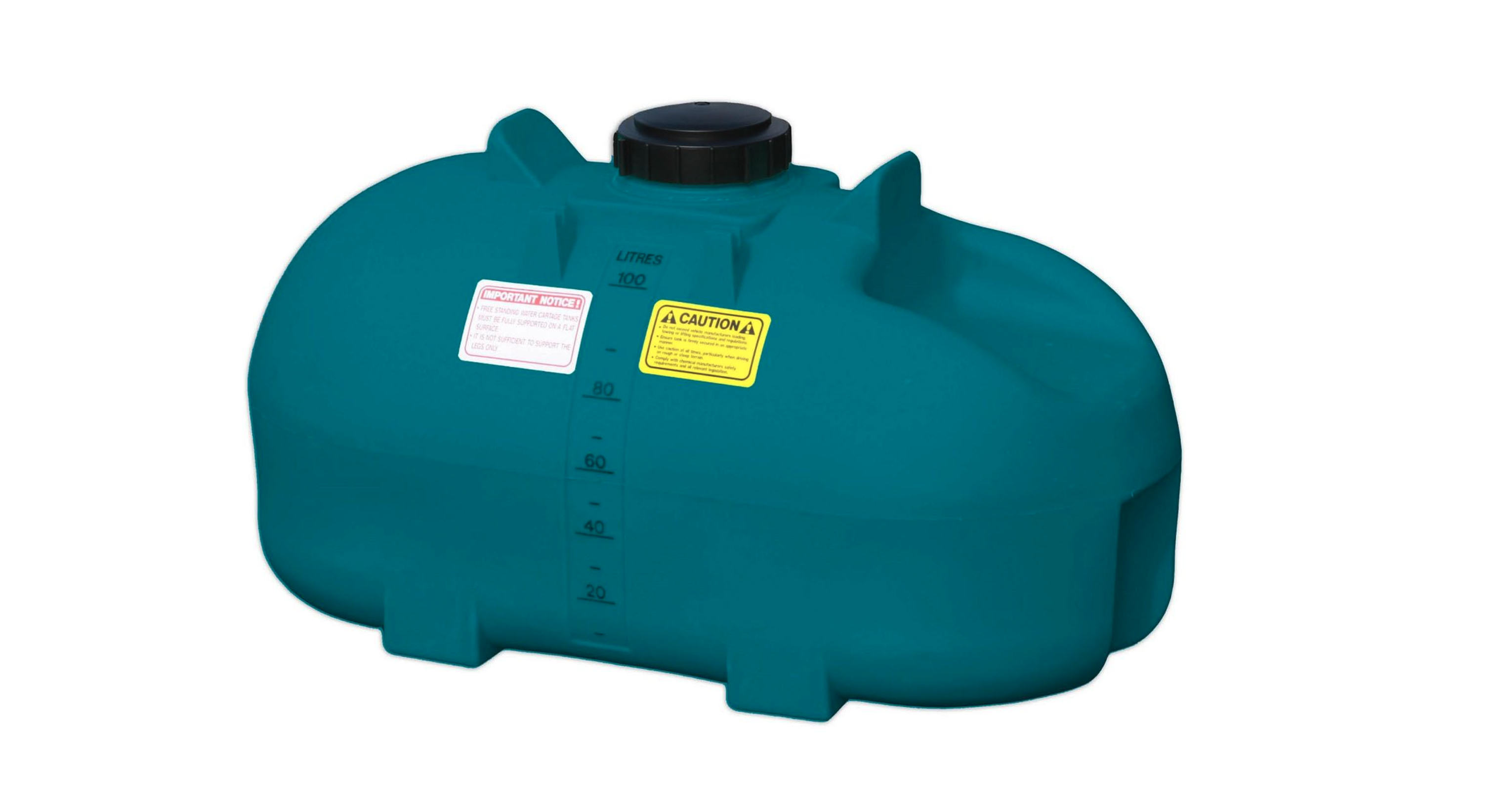
The Versatility and Importance of Water Cartage Tanks
Water cartage tanks serve as vital components in various industries, offering a portable and efficient means of transporting and storing water. These tanks play a crucial role in addressing water supply needs in sectors ranging from agriculture and construction to emergency services and firefighting. Let's delve into the significance and versatility of water cartage tanks.
1) Purpose and Utility
Water cartage tanks are specifically designed to store and transport large volumes of water. Their durability and portability make them indispensable in situations where access to a reliable water source might be limited or non-existent. In agricultural settings, these tanks assist in irrigation, livestock watering, and crop spraying, especially in remote or drought-affected areas. They also support firefighting efforts by providing readily available water supplies.
2) Types of Water Cartage Tanks
These tanks come in various types and sizes to cater to different needs. They are commonly manufactured from materials like polyethylene, fiberglass, or steel. The tanks are available in a range of capacities, from smaller, easily transportable units mounted on trucks to larger stationary tanks for fixed applications. Some are designed for specific purposes, such as dust suppression, fire control, or potable water storage.
3) Features and Adaptability
Modern water cartage tanks are equipped with innovative features, including reinforced walls for increased durability, UV protection to prevent degradation from sunlight exposure, and fittings for easy filling and distribution. Their adaptability allows for customization, with options for additional accessories such as pumps, hoses, and filtration systems.
4) Environmental Impact and Sustainability
Water cartage tanks contribute to environmental sustainability by providing an alternative water source for areas facing water scarcity or during emergency situations. They reduce reliance on local water supplies, helping in water conservation efforts.
5) Maintenance and Best Practices
Regular maintenance, such as cleaning and sanitizing the tanks, is crucial to ensure the water quality and the longevity of the tank. Adhering to proper storage and handling guidelines is essential for preserving the tank's integrity.
Water tanks are indispensable assets in various industries, providing a versatile and reliable solution for water storage and transportation. Their adaptability, portability, and contribution to sustainability make them invaluable tools in addressing water-related challenges across different sectors. Discover a wider range of water tank choices available at Tank Management now!







 Previous article
Previous article